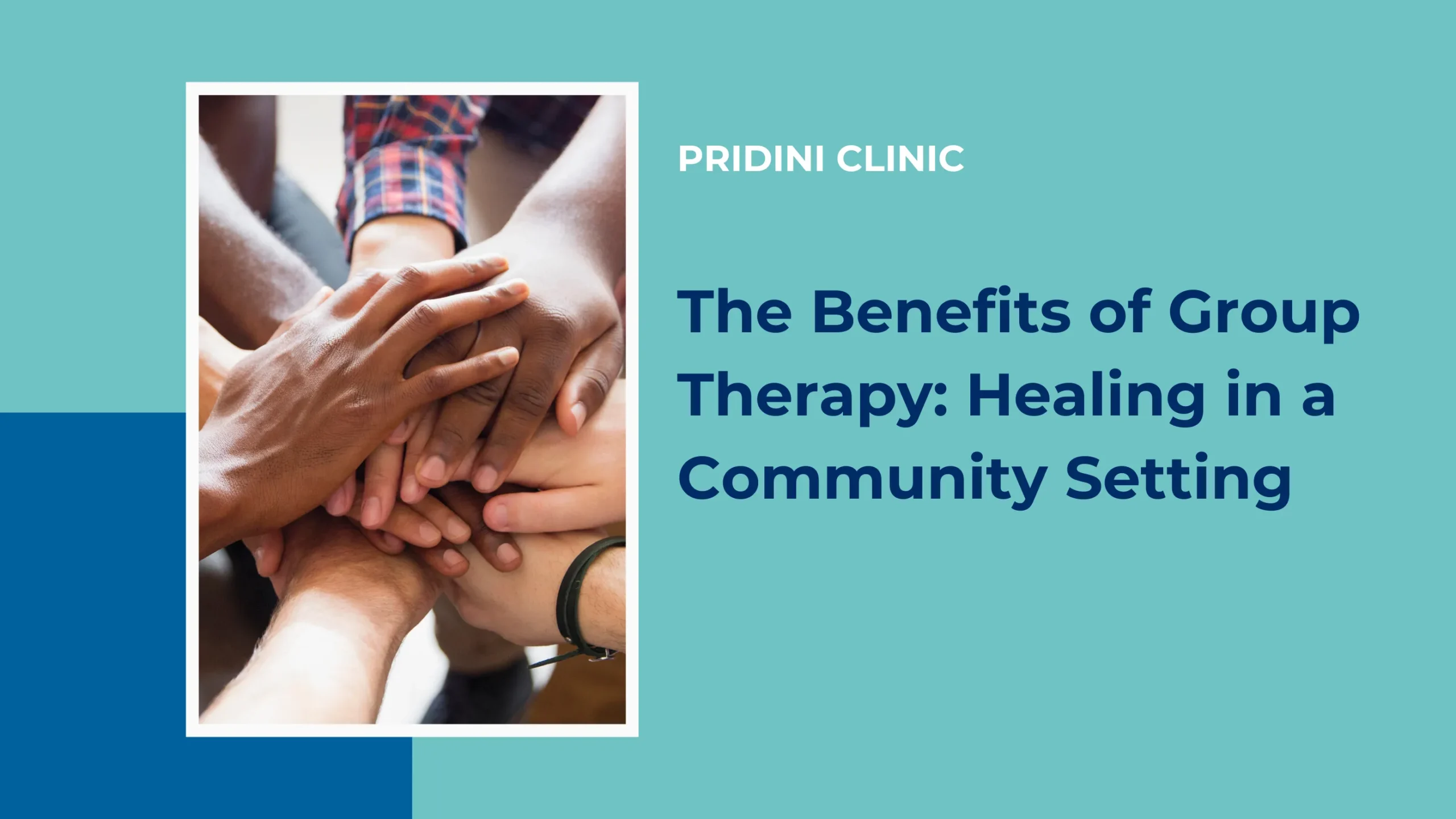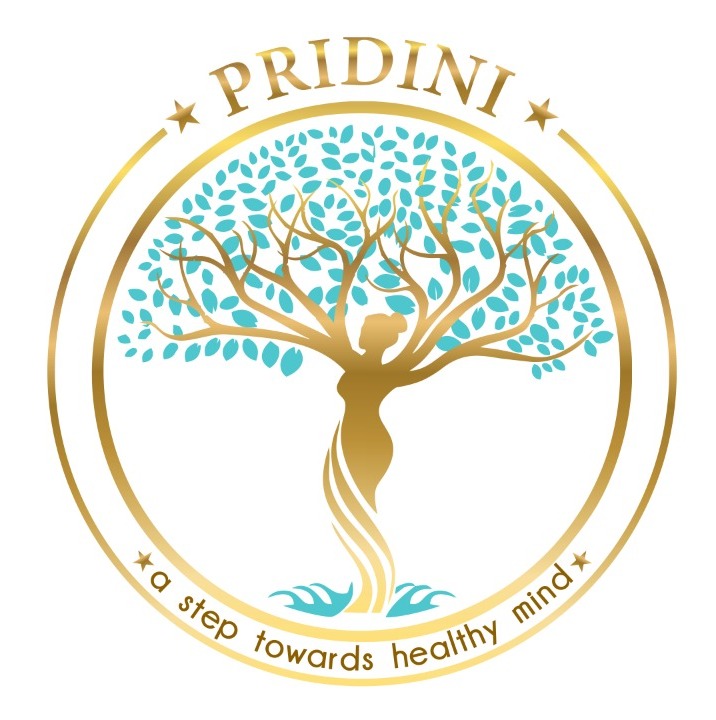
In the journey toward mental wellness, many therapeutic approaches offer unique advantages. Among them, group therapy stands out for its ability to foster healing through shared experiences in a supportive community setting. At Pridini Clinic, we recognize the profound impact that group therapy can have on individuals struggling with various mental health issues. This blog explores what group therapy is, how it differs from individual therapy, the healing power of shared experiences, and the benefits it offers for different mental health challenges.
What is Group Therapy?
Group therapy is a form of psychotherapy where a small group of individuals, typically between 5 to 15 people, meet regularly under the guidance of a trained therapist. These sessions provide a safe and confidential environment where participants can share their experiences, express their feelings, and receive feedback from the therapist and fellow group members.
The structure of group therapy varies depending on the focus of the group. Some groups are designed to address specific issues such as anxiety, depression, or addiction, while others may focus on personal growth, coping strategies, or social skills development. Regardless of the focus, group therapy aims to provide participants with support, insight, and a sense of belonging as they navigate their mental health journey.
How Group Therapy Differs from Individual Therapy
While both group therapy and individual therapy aim to improve mental health, they differ in several key ways. Individual therapy involves one-on-one sessions between a therapist and a client, allowing for a more personalized and in-depth exploration of personal issues. This format is ideal for those requiring more intensive support or prefer a private setting for discussing sensitive topics.
Group therapy, on the other hand, leverages the group’s collective experience to foster healing. In a group setting, participants benefit from the shared perspectives and experiences of others facing similar challenges. The dynamics of group therapy can help individuals feel less isolated in their struggles and provide them with diverse coping strategies that they might not encounter in individual treatment.
The Healing Power of Shared Experiences
One of the most powerful aspects of group therapy is the opportunity for individuals to connect with others who understand their struggles. In a group setting, participants often find comfort in knowing they are not alone. Hearing others articulate feelings and experiences similar to their own can be incredibly validating and can reduce feelings of shame or isolation.
Shared experiences in group therapy can also lead to a deeper understanding of one’s challenges. Listening to how others cope with similar issues can inspire new ways of thinking and provide practical solutions that participants can apply to their own lives. The group setting fosters a sense of community and support that can be instrumental in the healing process.
Benefits of Group Therapy for Different Mental Health Issues
Group therapy can be particularly beneficial for a wide range of mental health issues. For example:
● Anxiety and Depression: Group therapy helps individuals with anxiety and depression by providing a supportive environment where they can practice social skills, challenge negative thought patterns, and build confidence.
● Addiction: Those struggling with addiction often find group therapy to be a crucial part of their recovery journey. The group setting offers accountability, encouragement, and the opportunity to learn from others who have faced similar challenges.
● Trauma and PTSD: Survivors of trauma or those with PTSD can benefit from group therapy by connecting with others who have experienced similar events. Sharing their stories in a supportive setting can help reduce the intensity of traumatic memories and foster resilience.
Is Group Therapy Right for You?
Group therapy is a valuable therapeutic option, but it’s important to consider whether it fits you. If you find comfort in sharing your experiences with others and are open to receiving and providing feedback in a group setting, group therapy may be an excellent choice. It can be particularly beneficial if you’re looking to build social connections, develop new coping strategies, or gain different perspectives on your challenges.
However, if you prefer a more private, individualized approach, or if you have severe symptoms that require intensive one-on-one support, individual therapy might be more appropriate. Combining both approaches for a more comprehensive treatment plan is also possible.
At Pridini Clinic, we offer a range of group therapy options tailored to meet the diverse needs of our clients. Whether you’re dealing with anxiety, depression, addiction, or another mental health challenge, our group therapy sessions provide a supportive community where healing and growth can flourish.
Discover the power of healing in a community setting with group therapy at Pridini Clinic. Contact us today to learn more about our group therapy programs and find the support you need on your journey to mental wellness.

